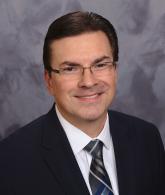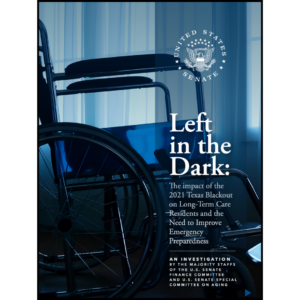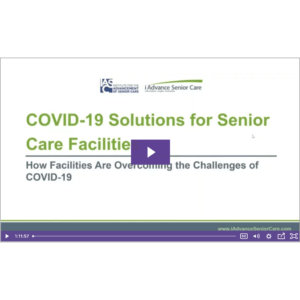Disaster planning workshop a long-term care success
More than 250 people attended the California Association of Health Facilities’ (CAHF) “Really Ready Long-Term Care Disaster Preparedness Conference” earlier this year in Sacramento. While the program was developed for CAHF members and other LTC providers in California, attendees and presenters from around the nation participated in this dynamic two-day event.
CAHF is fortunate to have a full-time staff of disaster planners and consultants who have helped LTC facilities in California better prepare for disaster through the development of comprehensive resources and training opportunities. Traditionally, nursing homes and other levels of long-term care have not been involved with disaster planning as part of the community on a broad-based scale.
Recognizing that LTC providers, particularly those in skilled nursing, have a very active role in a community or region-wide disaster has motivated states like California, Arizona, Texas, Colorado, Utah and others to work closely with their health departments and secure funding to enhance levels of planning, preparedness, response and recovery in these facilities.
This year’s Really Ready conference was developed with educational momentum that CAHF had gained from earlier versions of the program conducted over the past several years. Presently, the program is conducted on a bi-annual schedule. It started at the grassroots level by first explaining to LTC providers the critical role that they may play in a disaster, as well as better engage them to prepare for internal adverse events and perils that can negatively impact their individual operations.
The conference kicked off with opening remarks from representatives from the California Department of Public Health, the agency administering funding for this innovative event. The general session was opened up with a keynote presentation entitled, “The Joplin Experience: Impact of a Catastrophic Regional Disaster.”
Breakout and general sessions conducted throughout the two-day program provided a variety of interesting topics, including:
● Emergency communications
● Security management during a crisis or disaster
● Nursing Home Incident Command System
● Life safety considerations during a crisis or disaster
● Business continuity planning for LTC providers
● Long-term cares’ role in disaster
● Designing and implementing Discussion-Based Exercises at the facility level
● Psychological considerations during a crisis or disaster
As a presenter and attendee at this informative workshop, I can say with confidence that the LTC community in California and throughout the country is starting to take a proactive position on disaster preparedness. And they must help ensure that they are part of the solution—not part of the problem—when disaster strikes.

Stan Szpytek is the president of consulting firm Fire and Life Safety, Inc., in Mesa, Arizona, and is the Life Safety/Disaster Planning Consultant for the Arizona Health Care Association and California Association of Health Facilities. Szpytek is a former deputy fire chief and fire marshal with more than 35 years of experience in life safety compliance and emergency preparedness. For more information, visit www.emallianceusa.com or email Szpytek at Firemarshal10@aol.com.
Related Articles
Topics: Disaster Preparedness , Operations , Risk Management










